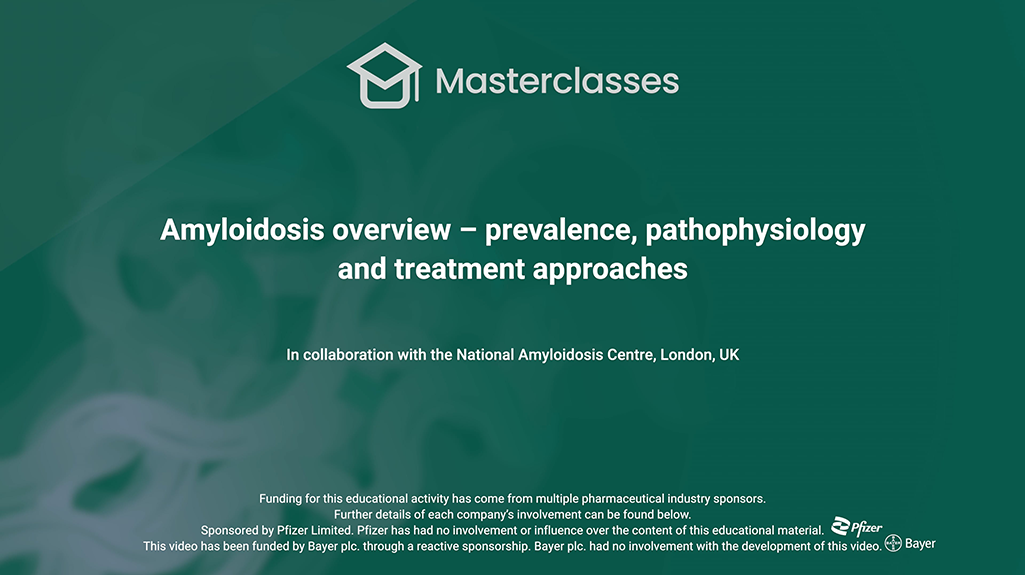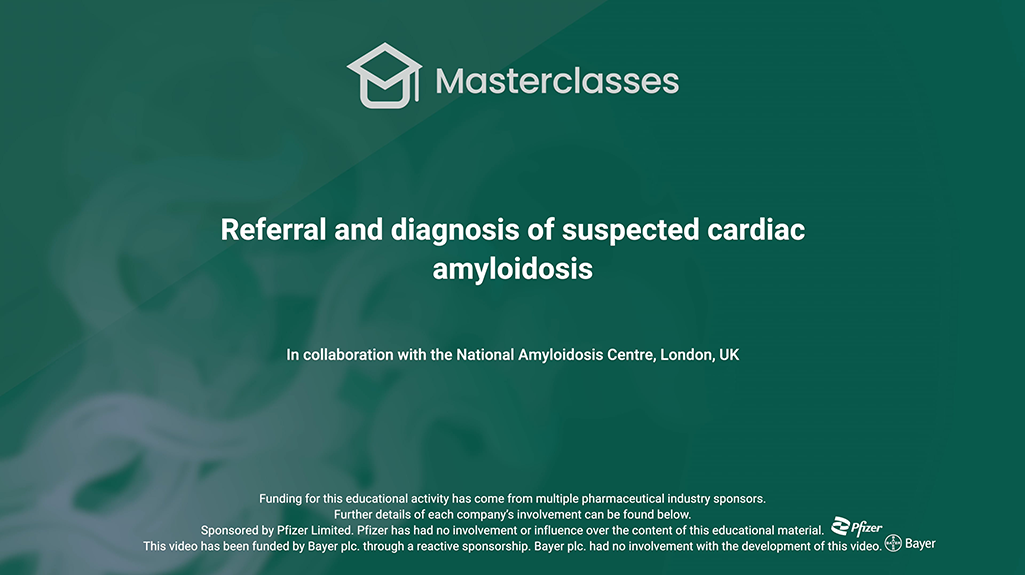Learning objectives
- Understand secondary prevention measures to implement to reduce the risk of further events in patients with established disease
- Obtain an overview of the pertinent lifestyle and medical intervention strategies available to improve outcomes
- Recognise the importance of personalised approaches to treatment to improve engagement and adherence
- Understand engaging with older patients around technology and tools they can use to maximise these resources
Speakers
Gayle Campbell Lead Heart Failure Pharmacist, Guy’s and St Thomas’ NHS Foundation Trust
Professor Pardeep Jhund Professor of Cardiology and Epidemiology and Honorary Consultant Cardiologist, University of Glasgow
Learning module instructions
This BJC learning module has a recommended award of 1 CPD credit for completion (1 hour of learning). Completion requires a score of at least 75%. If less time is spent learning then you should claim a reduced credit value. After you have successfully completed the test you will be able to download your certificate.
Quiz Summary
0 of 4 Questions completed
Questions:
Information
You have already completed the quiz before. Hence you can not start it again.
Quiz is loading…
You must sign in or sign up to start the quiz.
You must first complete the following:
Results
Results
0 of 4 Questions answered correctly
Your time:
Time has elapsed
You have reached 0 of 0 point(s), (0)
Earned Point(s): 0 of 0, (0)
0 Essay(s) Pending (Possible Point(s): 0)
Categories
- Not categorized 0%
- Review
- Answered
- Correct
- Incorrect
-
Question 1 of 4
1. Question
CorrectIncorrect -
Question 2 of 4
2. Question
CorrectIncorrect -
Question 3 of 4
3. Question
CorrectIncorrect -
Question 4 of 4
4. Question
CorrectIncorrect
References
- McDonagh TA et al. Eur Heart J. 2021;42:3599–3726
- Mebazaa A et al. Lancet. 2022;400:1938–1952
- NICE. Chronic heart failure in adults: diagnosis and management. 2018. Available at: https://www.nice.org.uk/guidance/ng106/resources/chronic-heart-failure-in-adults-diagnosis-and-management-pdf-66141541311685 (accessed January 2025)








